Talk to Lukashenka From Position of Force. The Result
5- 15.10.2021, 11:59
- 32,964
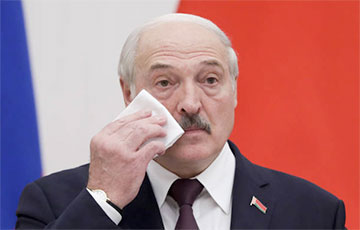
A master class from Boris Yeltsin.
In connection with the scandalous detention of Gennady Mozheiko, a journalist for Komsomolskaya Pravda in Belarus, and the Kremlin's unwillingness to get involved in a conflict with Aliaksandr Lukashenka, some remembered a telling story of the year 1997.
Then Moscow stood up for Belarusian journalist Pavel Sheremet. Boris Yeltsin, unlike Vladimir Putin, demonstrated his firmness and adherence to principle.
Salidarnasts recalls how the ruler of Belarus has a talk from the position of force. And what it caused.
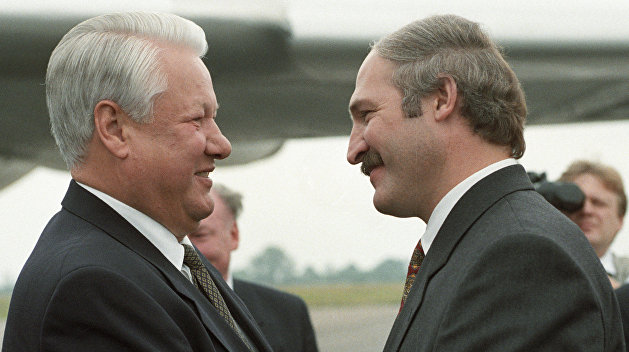
Journalists put behind bars. Yeltsin demands explanations.
On 23 July, the Vremya show on Russian ORT broadcasted a story about smuggling through the Belarusian-Lithuanian border. The film crew, led by Pavel Sheremet, showed how the border barrier could be crossed without any obstacles.
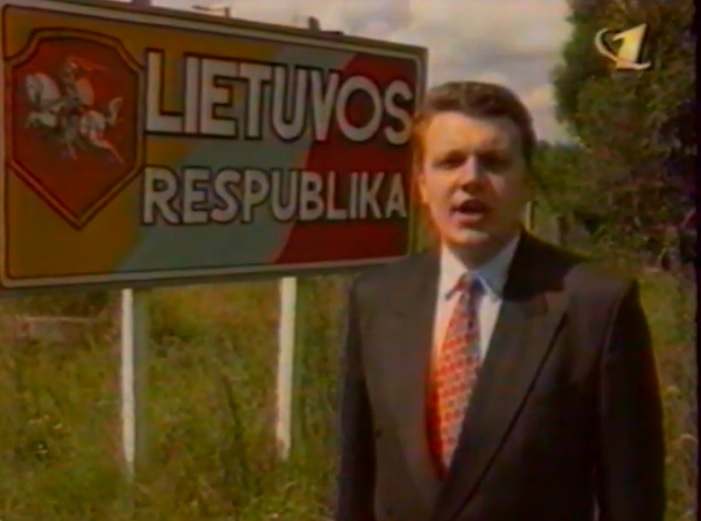
For Aliaksandr Lukashenka, who had positioned himself as a defender of Russia's interests on its western borders, it was a blow. Further events unfolded rapidly.
On 26 July, as Sheremet was on his way back from a holiday in Bulgaria, he, cameraman Dmitriy Zavadsky and driver Yaroslav Ovchinnikov were arrested. They were soon accused of deliberate illegal crossing of the border.
There was a certain freedom of speech in Russia at the time, so the scandal was colossal. The TV people directly appealed to President Boris Yeltsin to help.
And the politician responded. On July 30, Yeltsin said, "If this continues, the Russian side will have to reconsider the positions of the charter and the agreement signed by Belarus and Russia".
On 31 July, Lukashenka received a clearer signal. His visit to the Kaliningrad Region was suddenly cancelled. The Belarusian ruler attacked, "I will make a point only after Yeltsin explains to me the information campaign that was unleashed against Belarus on those TV channels".
At that moment, Yeltsin did what many other politicians subsequently did to Lukashenka: he tried to tone down the conflict. On August 1, the Russian president appeared on TV, "I know the answer to my criticism of Lukashenka. Maybe, he is young and cannot bear criticism. I do withstand it. It is normal to criticise the president for a reason sometimes. But he is too explosive in this respect".
As a result, the situation with the detention of Sheremet and Zavadskiy (the driver was released) froze for a month. Lukashenka, feeling the watering-down on the Russian part, did not release the journalists.
Yeltsin and Lukashenka "negotiate". But Sheremet remains behind bars.
A month after the detention of the journalists, the two leaders announced their agreement to resolve the problem. However, each party interpreted the agreement differently.
Yeltsin on August 28, "That's it, he takes the issue off the table. Maybe a day or two is needed to settle everything... And he lets him go".
Lukashenka on 6 September, "We agreed with the Russian president that it was the business of the Belarusian side. We have agreed that neither he nor I shall speak on the subject anymore, but we shall solve it in practical terms in the legal field".
In fact, despite the announcement of the Russian president, only Zavadskiy was released from the detention centre on 4 September. Sheremet remained behind bars.
Yeltsin takes the escalation. Lukashenka backpedals.
Back in August, after another ORT camera crew was detained in Belarus in response to a statement by the press secretary of the Russian president, Sergey Yastrzhembsky, the Belarusian ruler said, "I will not allow anyone to talk to me from the position of force and any sanctions... Yastrzhembsky's statement must have given the impression that Moscow put a foot down and Lukashenka got scared".
When Sheremet was behind bars for two months, Yeltsin must have realized that he was looking ridiculous. And he began to act from the position of force.
On 2 October, Lukashenka was supposed to fly to the Lipetsk region. However, as the media reported, after three hours of waiting at the Minsk airport, he was unable to take off: Russia did not open its airspace.
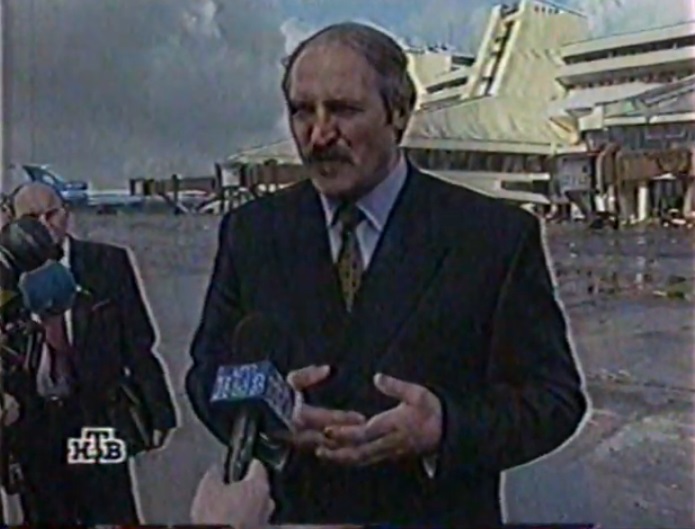
On the same day, Yeltsin said to journalists, "Let him release Sheremet first".
Those days Lukashenka spoke softly for the first time about the journalist and the prospect of his release: "He is not a dangerous special person for society... When the investigation is over, it makes no sense, in my view, to keep him there".
The journalist was released from custody on 8 October.
The trials on Sheremet and Zavadskiy took place in Oshmiany on 17 December 1997 and 28 January 1998. The journalists, who died years later, were formally convicted, but they remained free.
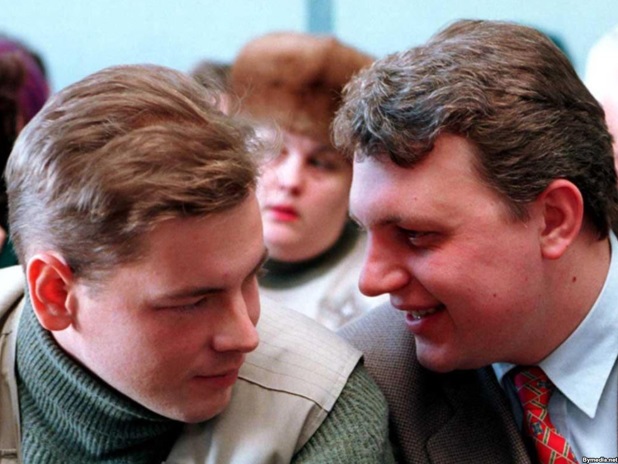
Remarkably, Moscow then stood up for the journalists, despite their Belarusian citizenship, and a "position of force" conversation with Lukashenka had an obvious effect.
The ruler still remembers an unpleasant episode. Last year, he said in an interview to Dmitry Gordon:
- Remember the Sheremet case, the provocation on the border? It was planned. Finally, Yeltsin and Boris Berezovsky, then an old friend of mine, said, "You tell him this". And Yeltsin told me, "Let Sheremet be released".










